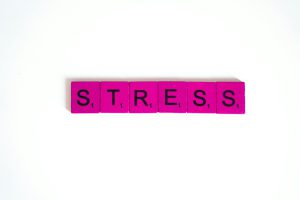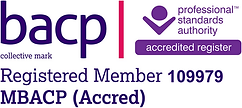January can be a tough month – it’s cold, dark, and the festive buzz of December has faded. If you’re like me, you might find yourself juggling resolutions that feel more like punishments for enjoying yourself during the holidays. If you feel depressed in the new year, It’s no wonder. January often feels like a month full of endless Mondays!
A few years ago, I realised that January isn’t just something to endure – it’s one-twelfth of my year and, by extension, my life. Instead of wishing it away, I decided to make the best of it. Here are some simple strategies I’ve found helpful for tackling those winter blues and actually enjoying the start of a new year.
1. Plan Something to Look Forward To
January is the perfect time to start planning your next adventure. Whether it’s a sunny getaway, a cosy weekend trip, or even just a fun day out with friends, having something on the horizon makes the dark days feel lighter. And even if you can’t get away immediately, the act of planning and anticipating your trip can boost your mood and help you to not feel depressed in the new year.
2. Redefine Fun with Your Resolutions
Resolutions don’t have to kill your social life. Get creative with resolution-friendly activities that are also fun: host a healthy cooking night, have a home movie marathon, or challenge friends to a dance-off in your kitchen. Staying on track doesn’t mean staying bored!
3. Pick a “January Hobby”
Instead of overwhelming yourself with big goals, why not try a low-pressure “January hobby”? Whether it’s knitting, painting, or learning to make homemade bread, it doesn’t have to last past January. If it sticks, great. If not, it’ll still give you something enjoyable to focus on during the month.
4. Embrace Winter Activities
Who says winter fun stops after Christmas? Enjoy cosy coffee shop visits, ice skating, or winter walks in your fluffiest scarf. Reframe January as your time to celebrate the season instead of just enduring it.
5. Relive Good Memories
Take a day to go through your photos from the past year and create a scrapbook or photo album. It’s a great way to reflect on the happy moments and remind yourself of what you’re looking forward to in the year ahead.
6. Check on Your Mental and Physical Health
If your January blues feel heavier than usual, it might be more than just post-holiday fatigue. Seasonal Affective Disorder (SAD) and vitamin D deficiencies can affect your mood. If you’re struggling, don’t hesitate to check in with your doctor for support.
Rewriting Your New Year’s Scorecard
The start of a new year can bring a lot of pressure to reflect on what you’ve accomplished – or haven’t. It’s easy to get caught in a cycle of negative self-talk and rumination, especially if you’re already feeling down.
Instead of falling into this trap, try shifting your focus:
- Look forward, not back. Think about what small, actionable steps you can take to improve your situation, rather than dwelling on what went wrong or what you haven’t achieved.
- Get moving. A quick walk or workout can work wonders to shake off negative thoughts and boost endorphins.
- Be specific with resolutions. Set realistic, bite-sized goals instead of vague or overwhelming ones. For example, swap “I’ll lose 20 pounds” with “I’ll make a healthy lunch three times a week.”
January Doesn’t Have to Be a Drag
The dark, cold days of January might not be your favourite, but they don’t have to feel empty. If you tend to feel depressed in the new year, with a little planning, creativity, and self-compassion, you can turn this challenging month into a time for fresh starts and even a bit of fun. Hang in there—February is just around the corner, only 28 days to go!






